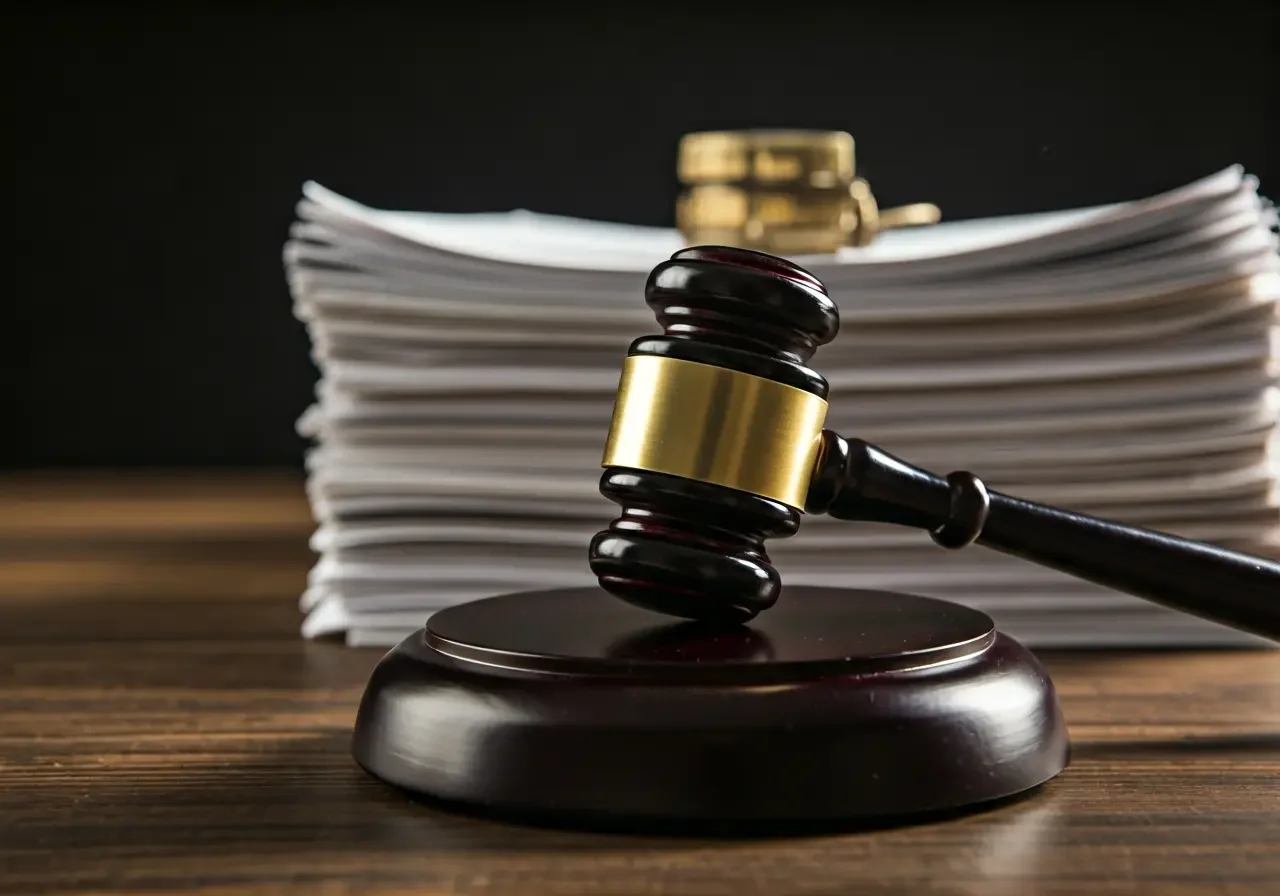How Can Internal Investigations Support Legal Cases?
In the world of legal cases, gathering comprehensive evidence is crucial to build a strong argument. Internal investigations can play a pivotal role in uncovering crucial information, establishing facts, and supporting legal teams. This guide simplifies how internal investigations can enhance and support various legal cases.
Understanding the Purpose of Internal Investigations
Internal investigations are initiated to uncover the facts surrounding a claim, complaint, or suspicion within an organization. They aim to identify the truth, ensure compliance with laws, and reduce legal risks. A well-conducted internal investigation serves as a cornerstone for building a solid case, gathering facts, and following a due process that can withstand scrutiny.
By delving into the specifics of a situation, internal investigations can preempt external legal challenges by addressing potential issues early on. This proactive approach can also enhance organizational transparency and integrity, emphasizing a commitment to ethical practices and legal compliance.
Gathering and Preserving Evidence
The cornerstone of any legal case is reliable evidence. Internal investigations help in systematically collecting and preserving evidence that can be used to support or refute claims in court. This process often involves documentation, email correspondence, and other digital records, ensuring a comprehensive collection of pertinent information.
Preserving evidence is as crucial as gathering it. Proper chain of custody practices, such as secure storage and logging who accesses documentation, form an integral part of the investigative procedure. This ensures that the evidence is admissible in court and retains its integrity throughout the legal process.
Additionally, internal investigations often involve technological tools and software that track and store data securely. Utilizing state-of-the-art technology improves the accuracy and reliability of evidence collection, giving legal teams a solid foundation for their arguments and increasing their chances of success in court.
Ensuring Compliance and Risk Management
Using internal investigations to ensure adherence to policies and regulations helps mitigate risks of non-compliance, which can be pivotal in legal scenarios. Thorough investigations can identify any lapses in compliance or policy breaches, enabling corrective measures before they escalate into more serious legal issues.
Regular internal investigations also contribute to robust risk management frameworks, addressing unforeseen challenges that may arise from legal disputes or regulatory changes. This ensures the organization remains agile and responsive to both current and future compliance requirements.
Moreover, addressing potential compliance breaches through internal investigations can save organizations from costly penalties and legal battles that might arise from regulatory scrutiny. By prioritizing compliance, organizations demonstrate their commitment to lawful operations, fostering trust among stakeholders and the public.
Providing Insight Through Witness Interviews
Interviews conducted during internal investigations can reveal critical insights and testimonies that may not surface otherwise, providing a clearer picture of the case. These interviews often involve employees, management, and sometimes third-party witnesses who may hold valuable information relevant to the legal matter at hand.
A well-documented interview process helps capture firsthand accounts and personal perspectives that add depth to the evidence collected. This can significantly bolster a legal team’s ability to construct compelling narratives and arguments in court, based on authentic accounts of events.
Furthermore, witness interviews might uncover inconsistencies or corroborate existing evidence, making them indispensable tools for validating and strengthening legal positions. Such insights allow for a thorough assessment of the situation and enable legal teams to strategize effectively.
Identifying Patterns and Trends
Internal investigations allow organizations to spot patterns of behavior or systemic issues that may be relevant to a legal case, helping to strategically craft legal arguments. By analyzing data from past incidents and investigations, organizations can identify trends that may influence ongoing legal matters.
Recognizing these patterns aids in understanding the root causes of certain issues, offering insights that can lead to systemic improvements. Addressing these root causes not only strengthens the organization’s position in legal disputes but also enhances overall operational efficiency.
Additionally, trend analysis from internal investigations can be instrumental in predicting future legal challenges, allowing organizations to navigate potential liabilities proactively. This foresight can significantly minimize the impact of legal hurdles and fortify organizations against unforeseen legal battles.
Wrapping It Up: The Impact of Internal Investigations on Legal Success
Internal investigations are invaluable in supporting legal cases by providing critical evidence, ensuring compliance, and uncovering undisclosed information. By following a structured investigative process, organizations can build a stronger legal defense or prosecution. Properly conducted internal investigations not only strengthen legal positions but also demonstrate an organization’s dedication to transparency and due diligence.

